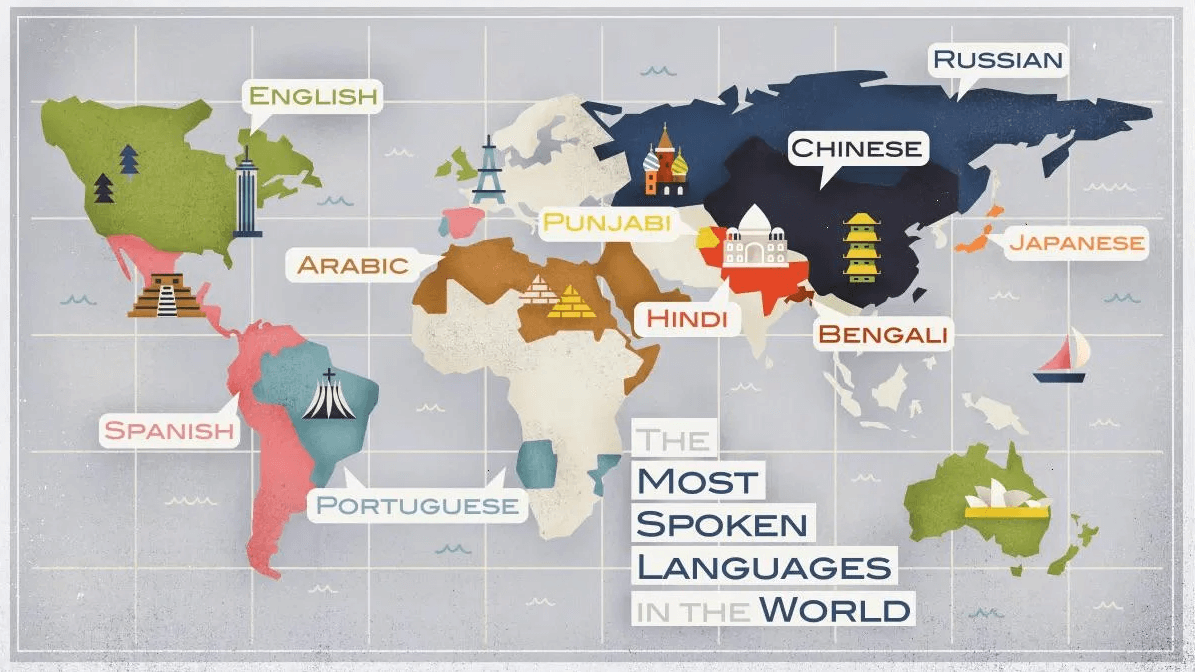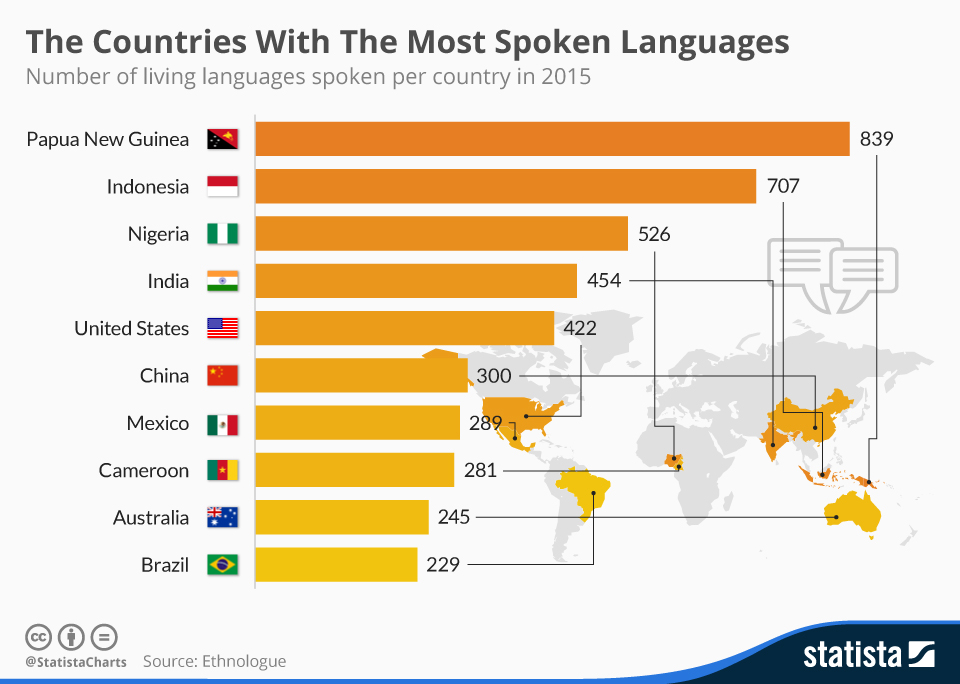Over 300 languages are spoken in the united states but south africa holds the record for the country with the most official languages 11

Over 300 languages are spoken in the United States, but South Africa holds the record for the country with the most official languages (11).
Did you know that the United States is not only a melting pot of cultures but also a diverse linguistic landscape? With over 300 languages spoken within its borders, it is indeed a testament to the country’s rich immigrant history and cultural diversity. However, when it comes to the nation with the most official languages, that title goes to South Africa.

South Africa, known for its vibrant and diverse heritage, holds the record for having the highest number of official languages in the world - an impressive tally of eleven. These eleven languages are recognized as official at the national level, highlighting the country’s commitment to inclusivity and cultural preservation.
Among the eleven official languages in South Africa, English is the most widely spoken and serves as the primary language of communication in various sectors such as business, government, and education. Additionally, Afrikaans, derived from Dutch and predominantly spoken by the Afrikaner community, is another significant language in the country.

The remaining nine official languages in South Africa are indigenous languages, each representing different ethnic groups and communities. These languages include Zulu, Xhosa, Swazi, Ndebele, Northern Sotho, Sotho, Tswana, Venda, and Tsonga. Recognizing these indigenous languages not only acknowledges the country’s diverse cultural heritage but also helps preserve and protect the rights of the various linguistic communities.
The South African government has taken measures to promote multilingualism and inclusivity, ensuring that all citizens have equal opportunities to engage in public life, education, and access to services in their native languages. This commitment is evident in the provision of official language resources, translation services, and even multilingual signage throughout the country.
While South Africa leads the pack with its eleven official languages, it is worth noting that other countries also embrace linguistic diversity. India, for example, recognizes 22 constitutionally recognized languages, including Hindi, Bengali, Telugu, and Tamil. The Philippines, Nigeria, and Canada are among other countries where multiple languages are recognized officially.
The linguistic diversity found in South Africa and other countries not only enriches their cultural fabric but also presents unique challenges and opportunities for language preservation and cultural exchange. This diversity allows for a deeper understanding and appreciation of different cultures, fostering unity and harmony among communities.
Stay tuned for more fascinating facts about languages, cultures, and the world we live in!
Source: LinguaLinx
Tags
Share
Related Posts
Quick Links
Legal Stuff

